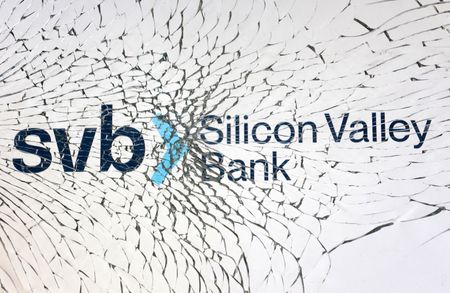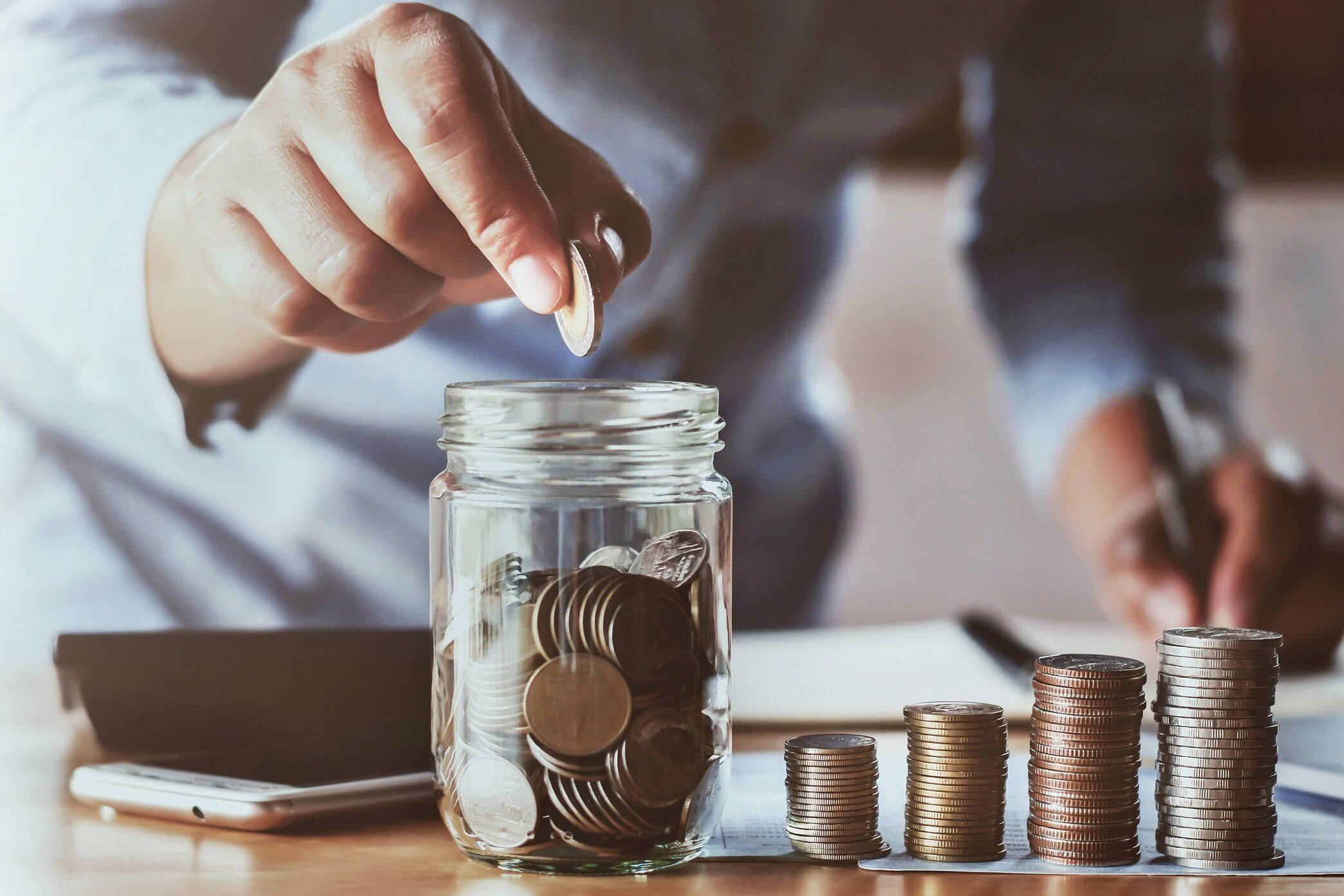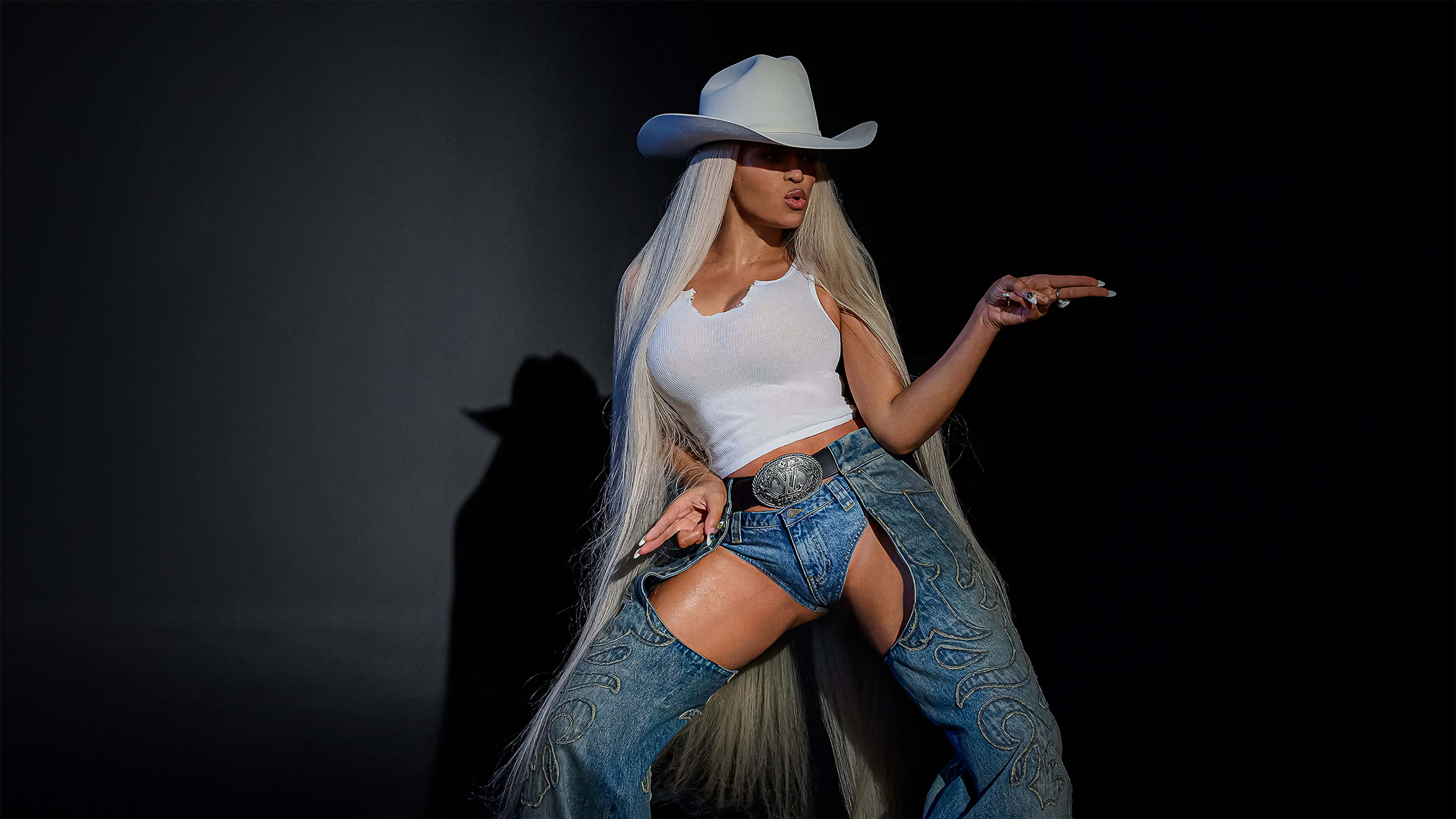By CultureBanx Team
- Silicon Valley Bank was a big supporter across the Black entrepreneurial ecosystem from Black-led funds, research and accelerators
- Black entrepreneurs receive less than 0.5% of all venture dollars invested in the U.S.
There are short-term and long-term consequences for the Black entrepreneurial ecosystem from the second biggest bank failure in U.S. history. Silicon Valley Bank (SVB) did business with nearly half of all U.S. tech startups backed by venture capitalists. Even though Black entrepreneurs receive less than 0.5% of all venture dollars invested in the U.S., the fallout from SVB could have greater consequences for them. Without access to sufficient money, Black entrepreneurs cannot build businesses to effectively compete across various sectors.
Why This Matters: SVB was founded in 1983 and had $210 billion in assets. When other large money center banks would not take the phone calls from tech startups, SVB did and was viewed as a key artery for the Silicon Valley tech ecosystem. The bank was a big supporter across the Black entrepreneurial ecosystem and helped to fund the State of Black Venture report spearheaded by BLKVC, along with Black-led accelerators. All of these efforts could be in jeopardy going forward.
Reign Ventures had to cancel their Black founder ecosystem building events at SXSW this past weekend as SVB was its major supporter. Also, VC + Include, a franchise founded to support the next generation of impact-focused BIPOC fund managers through funding, advocacy and training, stated that “some of their funds, portfolio companies, and fellows have exposure to Silicon Valley Bank and are working through those immediate challenges,” in a written statement.
Venture capital funding had already been in a contraction mode before SVB folded. In Q4 2022, Black startup founders in the U.S. raised around $264 million out of the total $33.6 billion in venture capital allocated, which is less than 1%. Even though Black entrepreneurs are the fastest-growing group of founders, they consistently face significant barriers when raising money.
There are several Black-led VC funds caught up in the SVB fallout. They already have less capital to deploy than their counterparts, thereby putting more pressure on Black-founders receiving funding in the near-term.
Let’s quickly unpack how we got here. High interest rates and market uncertainty made lenders tighten the spigot on money, after many years of low interest rates and easy money sent valuations soaring. SVB’s collapse was a byproduct of the Federal Reserve’s hiking of interest rates by 1,700% in less than a year. Once risk-free Treasuries started generating more attractive returns than what SVB was offering, people started withdrawing, and the firm was forced to sell its loan portfolio at a huge loss. Even more people fled, and regulators were forced to shut it down.
It’s important to remember that the fallout from this bank failure is a stark reminder of the importance of sound risk management practices for all financial institutions. Additionally, the SVB collapse calls into question the Trump-era deregulation of banks. The decision to roll back Dodd-Frank’s ‘too big to fail’ rules, reducing both oversight and capital requirements, seems to have contributed to SVB’s collapse, according to observation from Nigel Green of deVere Group. Going forward, it is now doubtful the Fed will continue with its plan for aggressive interest rate hikes, according to Goldman Sachs, which notes immense pressure on the country’s banking system.
What’s Next: Banks, not taxpayers, will fund the government’s efforts to shore up depositors. Specifically, the Biden administration will draw from the FDIC’s Deposit Insurance Fund (DIF) to backfill customers’ deposits. The DIF is funded by quarterly fees collected from FDIC-insured banks as well as interest earned from its investments in Treasury securities. As of December 31, 2022, the DIF’s fund balance was $128.2 billion, according to the FDIC.
CBX Vibe: “Where Dem Dollas At” Gangsta Boo









